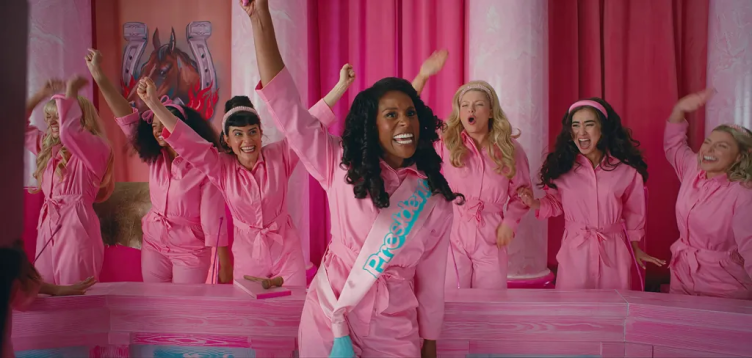Who hasn’t reminisced about the days of playing with Barbies? My memories are vivid. Before the era of diverse Barbie dolls, many of us felt a connection with Skipper, thanks to her tan, as it paved a way into the Barbie universe.
Summer Blockbuster
Jump to the present, and what do we have? A box office hit centered on Barbie. This film dives deeper beyond the anticipated scenes of pink cars and plush mansions. While entertaining at its core, it also paints a reflection of our society, especially the age-old issue of social oppression. The film opens a channel for discussing our personal experiences and the broader societal implications. It provides a vivid portrayal of the impact of oppression, emphasizing its historical impact on women and challenging the notion of a single group holding all the power.
A little sneak peek without spoiling: In the movie’s Barbie-centric world, women, Barbie included, are at the helm of power. And what about the men, like Ken? They find themselves confronting the same social oppression many women face daily. This role reversal offers a fresh lens on the harsh realities of oppression, making it harder to ignore when it’s so palpably displayed. The familiarity of oppression in daily life often blinds us to its presence, making intervention challenging.
Walk in My Shoes
A question echoing among some white men today: What if the power dynamics flipped? How would the historically dominant feel if they walked in the shoes of the marginalized? While the film adopts a light-hearted tone, it doesn’t shy away from evoking deep questions, prompting us to engage in real-world discussions. The message is clear for those of us in DEI: diverse voices are essential. Barbie subtly shows why.
The most striking revelation? The blatant illustration of social oppression, especially when experienced by those usually exempt from it. With this fictional portrayal laid out, it’s high time to reassess our real-world perspectives. Let’s dive into the conversation, shall we?
Dr. Lisa
Our theme song is “Talk” by Why Don’t We.
Source: Issa Rae in Barbie (2023). Photo Courtesy Warner Bros via Scalawagmagazine.com

